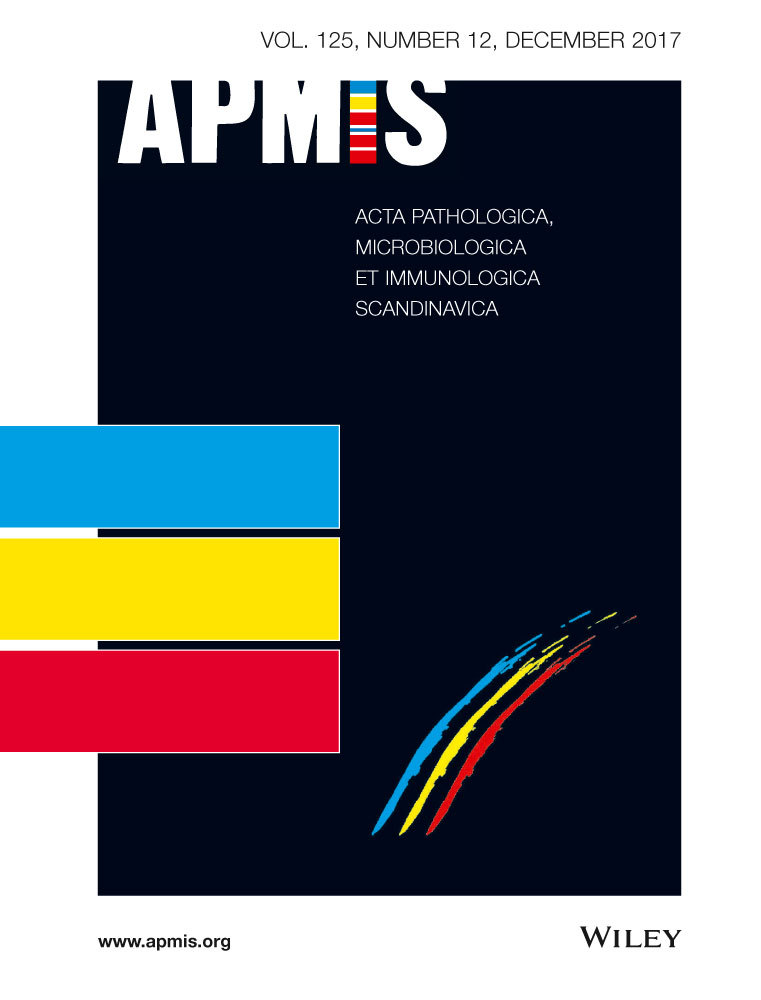Dominant high expression of wild-type HSP110 defines a poor prognostic subgroup of colorectal carcinomas with microsatellite instability: a whole-section immunohistochemical analysis
Abstract
The aim of this study is to establish heat shock protein 110 (HSP110) as a prognostic biomarker of colorectal carcinomas (CRCs) with microsatellite instability-high (MSI-H) by considering the intratumoral heterogeneity of HSP110 expression. We performed whole-section immunohistochemistry (IHC) for wild-type HSP110 (HSP110wt) in 164 MSI-H CRCs. The intensity of the HSP110wt expression in tumor cells was semiquantitatively scored (0/1/2/3), and the HSP110wt expression status of each tumor was classified as low or high using the following four scoring criteria: H-score, dominant intensity score, lowest intensity score, and highest intensity score. Among the four criteria, only the dominant intensity score-based dichotomous classification of HSP110wt expression was significantly associated with a difference in disease-free survival (log-rank p = 0.035) in 164 MSI-H CRCs. The HSP110wt-low MSI-H CRCs were significantly correlated with larger deletions in the HSP110 T17 mononucleotide repeat (≥4 bp; p < 0.001). In conclusion, the dominant intensity score-based assessment of HSP110wt IHC can be a simple and useful method for the prognostic stratification of MSI-H CRCs. It is expected that HSP110wt IHC may be used to identify a subgroup of MSI-H CRCs with poor prognosis and/or candidates for further treatment, such as immunotherapy using immune checkpoint inhibitors in MSI-H CRCs.




